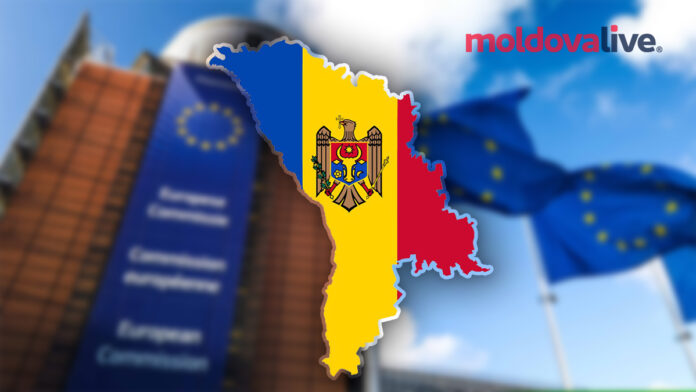The European Commission has recommended that the EU Council approve Moldova’s accession to two major European conventions that govern trade and goods transit. The move represents another step toward aligning Moldova’s economy with the European single market.
According to the Commission’s proposal, both the Republic of Moldova and Montenegro will be invited to join the Convention on the Simplification of Formalities in Trade in Goods and the Convention on a Common Transit Regime.
In February 2025, European working groups assessed the readiness of both countries to join the conventions and implement the New Computerised Transit System (NCTS), a key requirement for applying the common transit regime.
“The proposed position is in favor of inviting the Republic of Moldova and Montenegro to join the Conventions and supports the necessary technical adaptations to the Convention on Transit,” the Commission stated in its communication to the Council of the EU.
FOR THE MOST IMPORTANT NEWS, FOLLOW US ON TWITTER!
The Commission noted that accession would bring substantial and tangible benefits to traders and customs administrations by:
- Simplifying transit formalities and customs procedures
- Reducing operational costs
- Facilitating the faster movement of goods
- Potentially increasing trade flows
“These decisions align with the Union’s policies in the field of trade and transport,” the Commission added.
The announcement follows the first Moldova-EU Summit, held in Chisinau on July 4. During the summit, European Commission President Ursula von der Leyen, Portuguese Prime Minister Antonio Costa, and Moldovan President Maia Sandu signed a joint declaration outlining key objectives and EU support commitments for Moldova’s European integration.
Key highlights from the summit included:
- Moldova will gain roaming-free access to the EU starting in 2026
- Moldova will join the European Single Payment Area (SEPA) in autumn 2025
Officials also reaffirmed the importance of the EU-Moldova Association Agreement and the Deep and Comprehensive Free Trade Area (DCFTA), which integrates Moldova’s economy with the EU single market. The EU remains Moldova’s largest trading partner and the main destination for Moldovan exports, offering producers direct access to the world’s largest single market.


